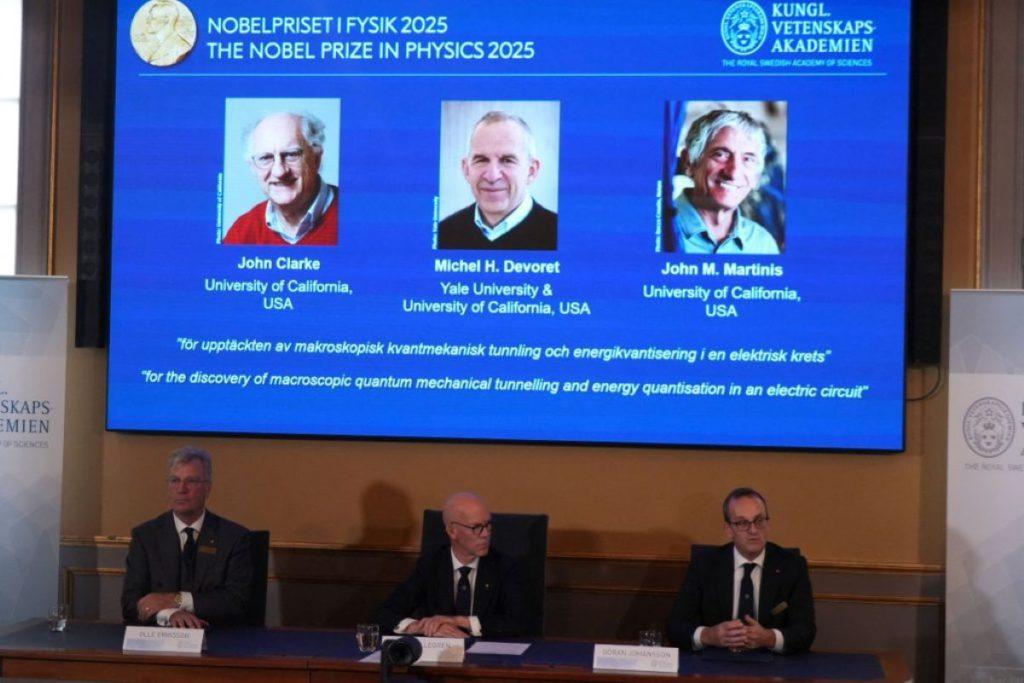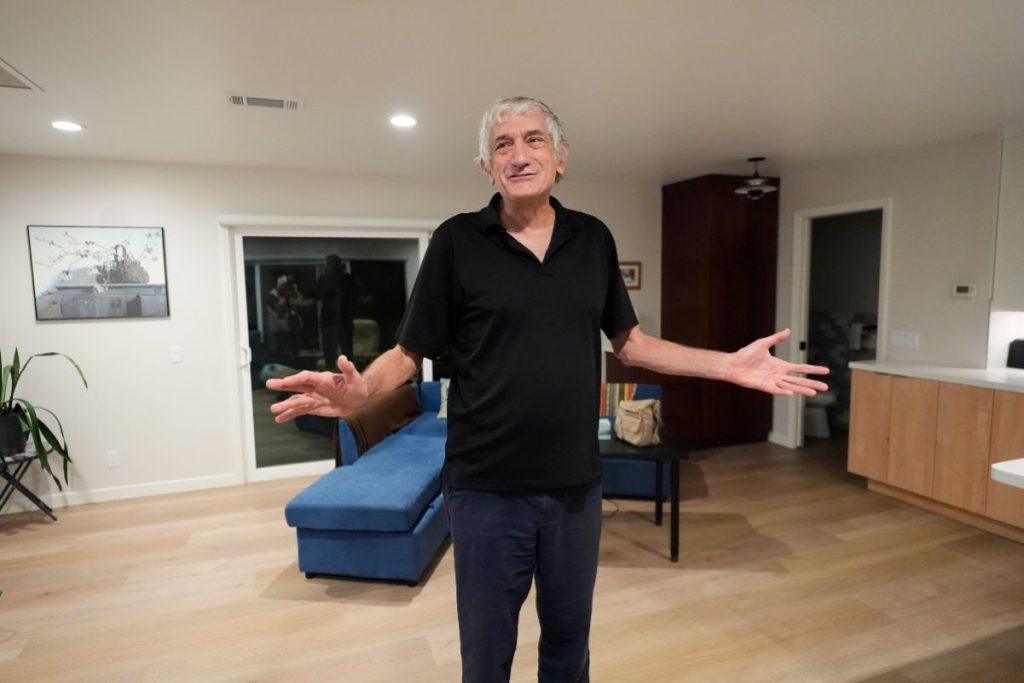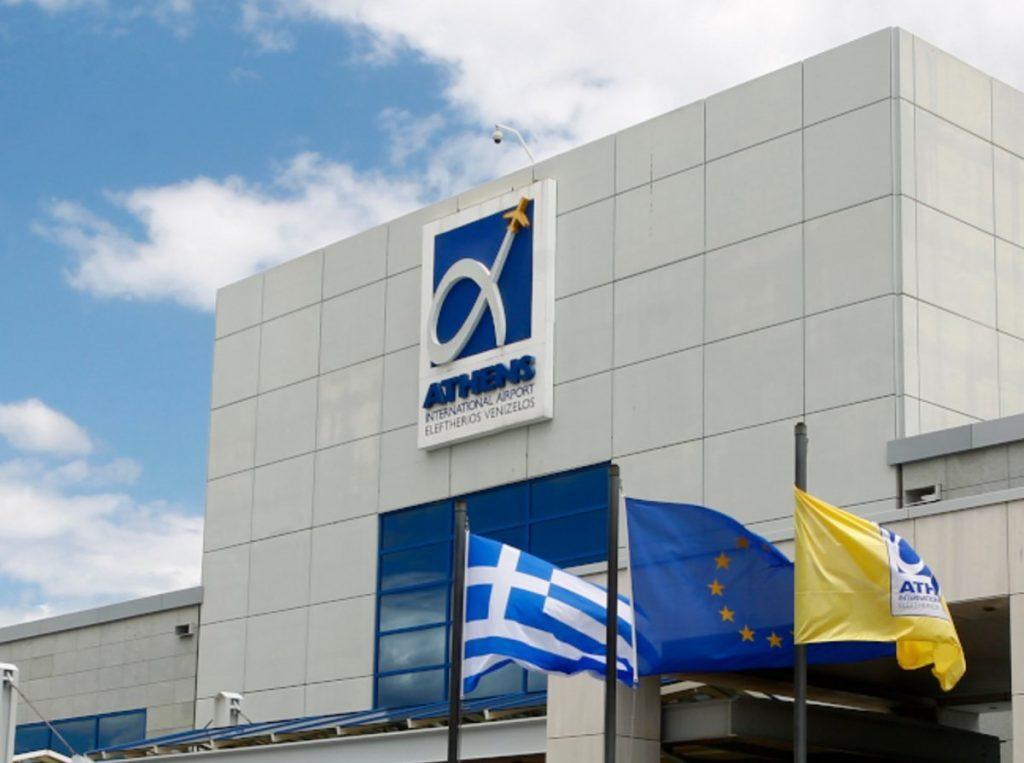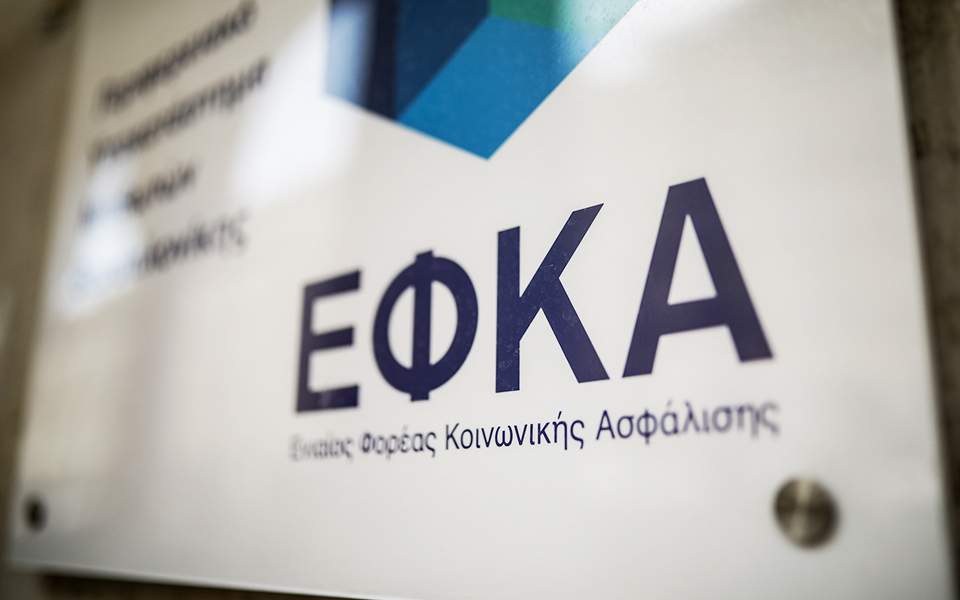Greek-American physicist John M. Martinis has been awarded the 2025 Nobel Prize in Physics, alongside John Clarke and Michel H. Devoret, for their pioneering discovery of macroscopic tunneling and energy quantization in an electrical circuit. Their groundbreaking work demonstrated quantum behavior in a system large enough to fit in the palm of a hand—a milestone that laid the foundation for quantum computing.
Early Collaborations that Sparked a Revolution
Born in 1958, Martinis pursued his PhD at the University of California, Berkeley, under John Clarke—now his co-laureate. There, he explored quantum phenomena in Josephson junctions, collaborating with both Clarke and Devoret. In 1985, the trio published landmark research on microwave pulses and quantum behavior, setting the stage for superconducting quantum technologies.
A Career of Innovation
After postdoctoral work in France and at the National Institute of Standards and Technology (NIST), Martinis advanced superconducting sensors and X-ray detection techniques. In 2004, he joined the University of California, Santa Barbara, where his team became a global leader in quantum circuits.
His work drew the attention of Google, which hired him in 2014 to spearhead its Quantum AI Lab. In 2019, Martinis and his team published a historic paper in Nature, claiming the first demonstration of “quantum supremacy” with a 53-qubit processor.

New Frontiers in Quantum Computing
Following his departure from Google in 2020, Martinis joined Australia’s Silicon Quantum Computing before co-founding Qolab in 2022. Today, as the company’s Chief Technology Officer, he champions the belief that semiconductor technology holds the key to scalable, high-quality quantum processors.
Recognitions Beyond the Nobel
Before the Nobel, Martinis earned major accolades, including the Fritz London Memorial Prize in 2014 and the John Stewart Bell Prize in 2021, both recognizing his transformative contributions to quantum physics.
From pioneering research at Berkeley to reshaping the global race for quantum computing, John M. Martinis has not only earned physics’ highest honor but also positioned himself as a driving force in the technologies that may define the future.
Source: tovima.com










































